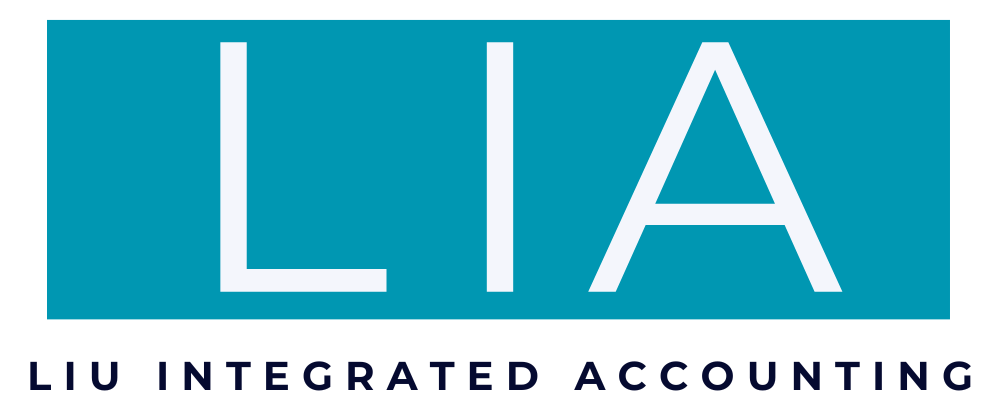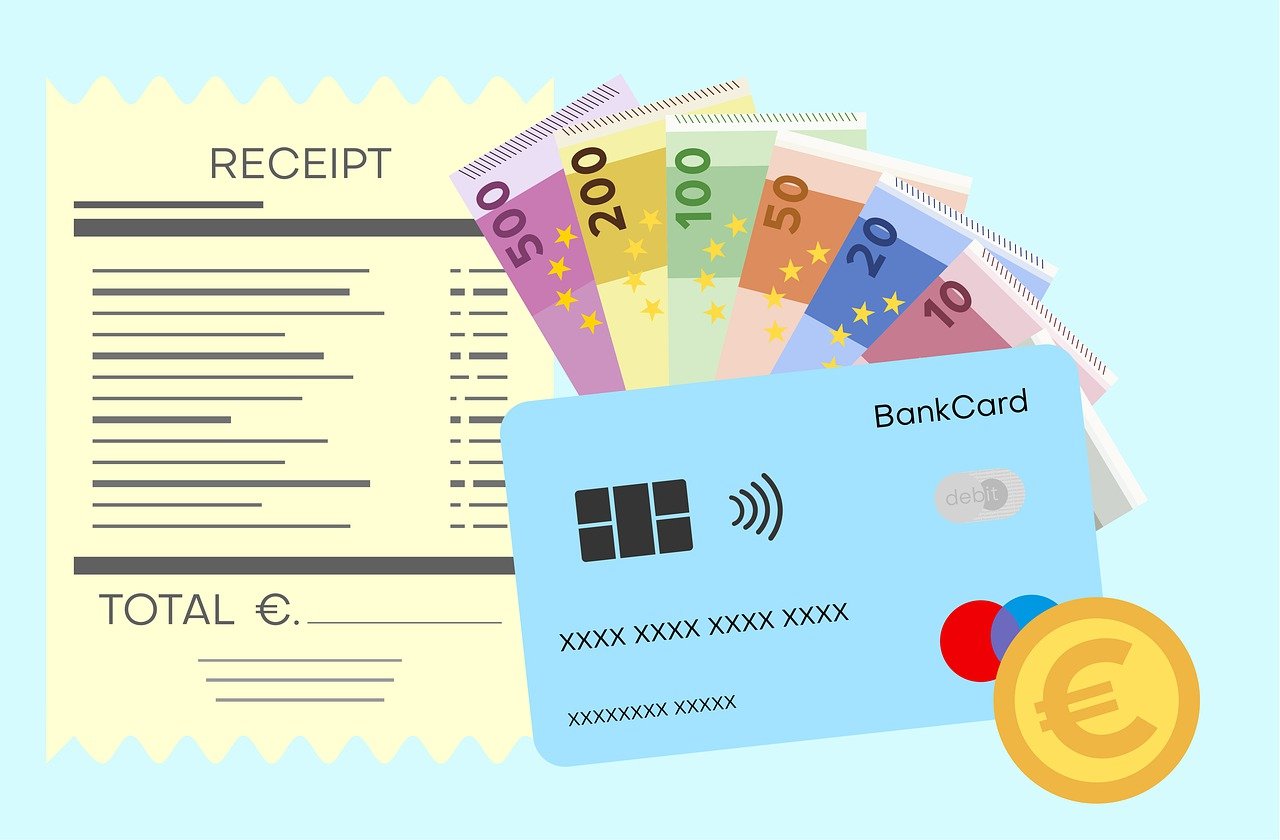Running a small business involves daily expenses that can significantly impact your taxable income. Keeping track of these expenses and understanding their tax implications is crucial. This post will guide you through effective tax strategies for managing business expenses reported on Schedule C. I have listed some key qualifying business expenses below.
1. Advertising and Marketing Expenses
You can fully deduct all advertising and marketing costs. This includes website fees (subscriptions, plugins, domain names, hosting services), logo development, business cards, brochures, and social media campaigns. Even expenses for public meals and entertainment aimed at promoting your business are deductible.
2. Business Meals and Entertainment
You can fully deduct meals provided to employees or contractors for work-related events, such as office parties, team-building activities, or public giveaways. However, water, coffee, and office snacks are only 50% deductible. Note that tickets to sports events, transportation to restaurants, and club memberships are not deductible.
3. Communication Expenses
Expenses for business phone bills, email services, internet hosting, and video conferencing are 100% deductible if used exclusively for business. If you work from home and share these expenses, you can deduct 50% of the costs.
4. Educational Expenses
Education costs related to maintaining your CPA or CFP license are 100% deductible. These expenses must benefit your current business; education for new trades or business ventures is not deductible.
5. Financial Fees and Interest
Interest on business loans is fully deductible. Financial fees, including bank charges and merchant processing fees (e.g., PayPal, Venmo), are also deductible.
6. Insurance Expenses
You can deduct insurance premiums for business vehicles, workers’ compensation, employee life insurance, and malpractice insurance.
7. Office Supplies and Equipment
Expenses for office supplies and small equipment (under $2,500) are fully deductible and do not require depreciation. This includes items like pens, paper, cleaning supplies, and office equipment such as printers and computers.
8. Office Rent and Utilities
Office rent and utilities are 100% deductible. If you work from home, different rules apply for home office deductions, which are covered in another resource.
9. Salaries and Wages
Salaries, wages, and benefits for employees, as well as fees paid to contractors, are fully deductible.
10. Taxes and Professional Fees
Various taxes and professional fees are 100% deductible, including state income taxes, payroll taxes, personal property taxes, sales and use taxes, excise taxes, and fuel taxes.
11. Miscellaneous Expenses
Shipping costs, packaging, ordinary and necessary travel expenses for business, and vehicle operating costs are also deductible.
In sum, to maximize your small business tax deductions, it’s essential to stay organized and keep detailed records. Proper documentation and categorization of expenses are key to taking advantage of these deductions. Consider working with a CPA or using accounting software to ensure you’re capturing all potential tax benefits.

